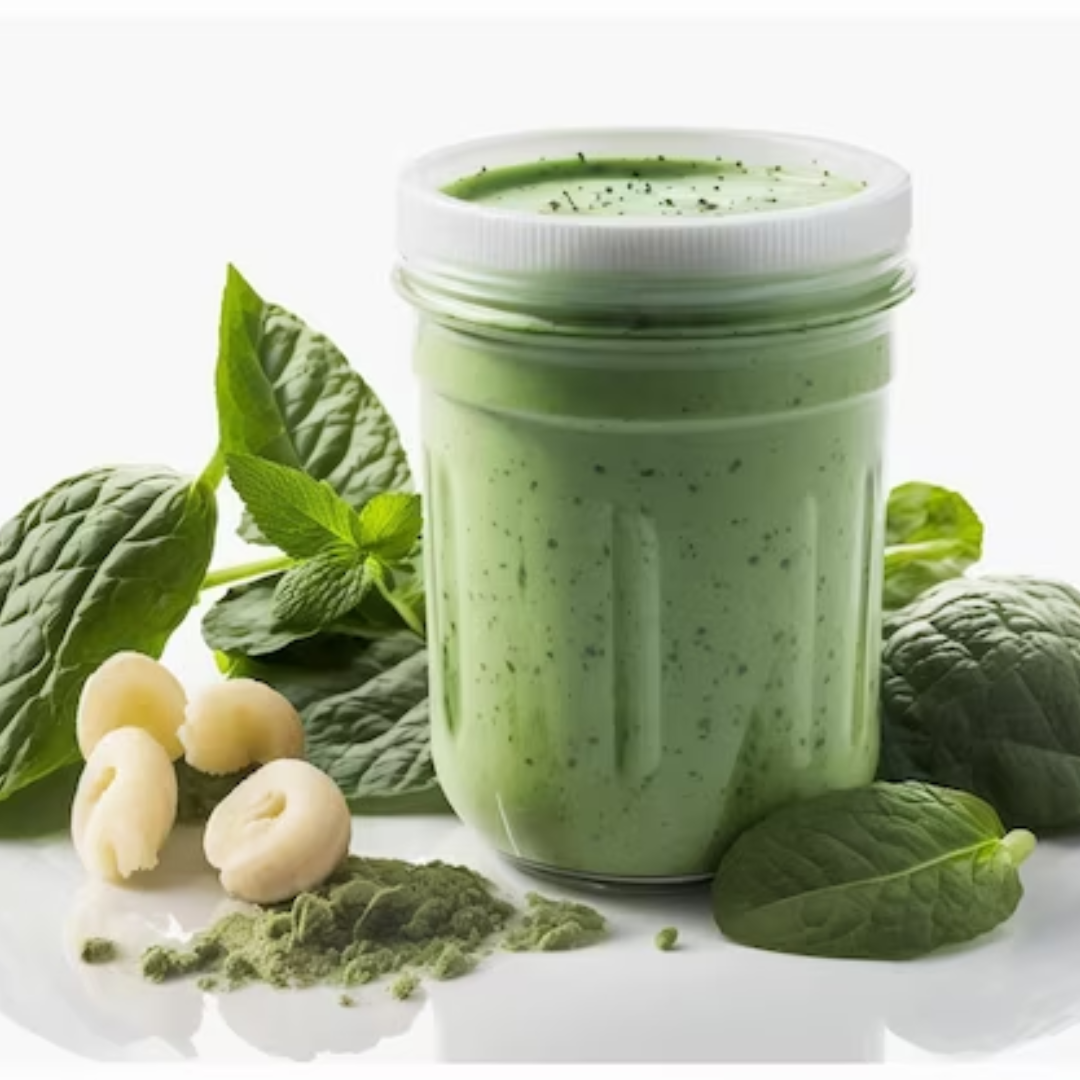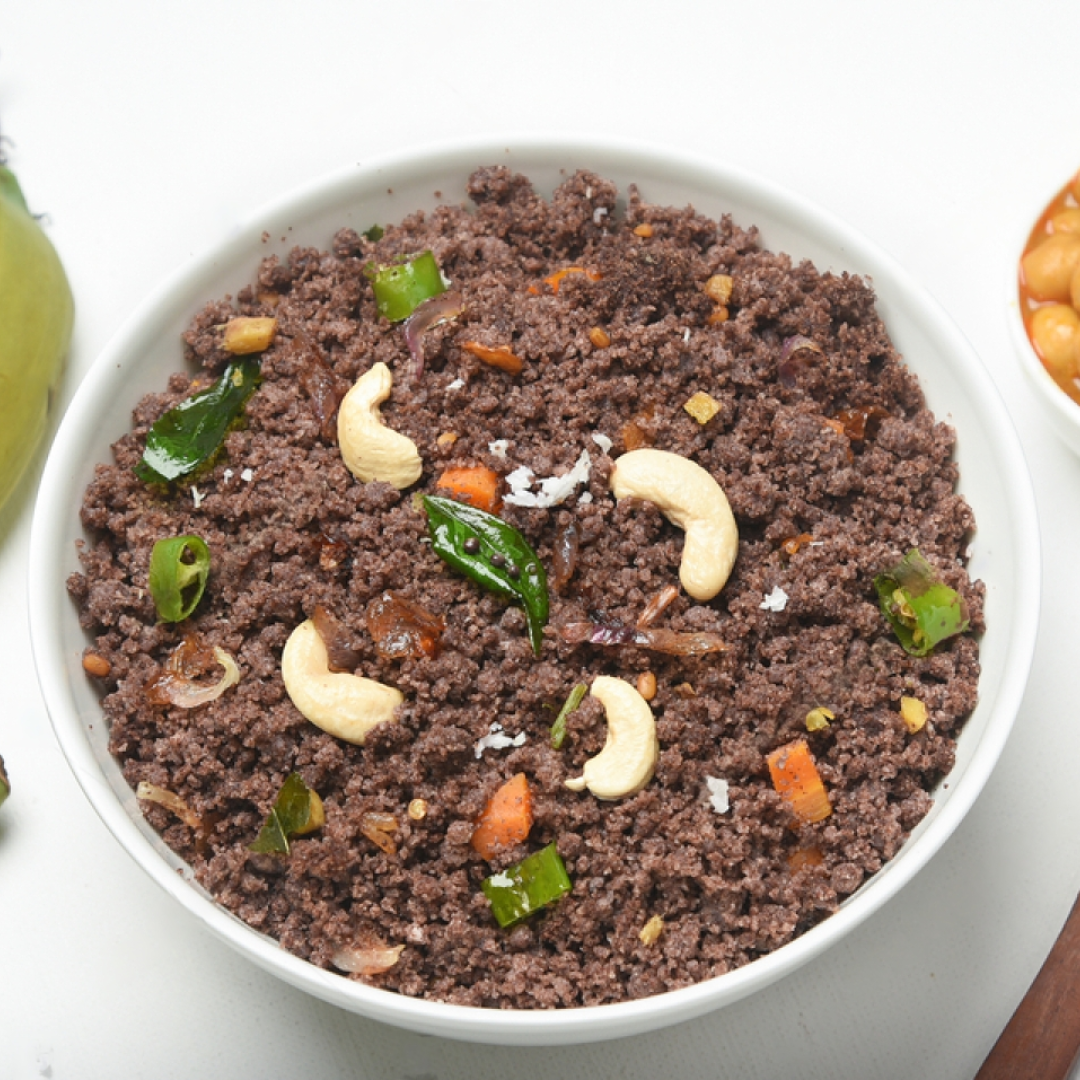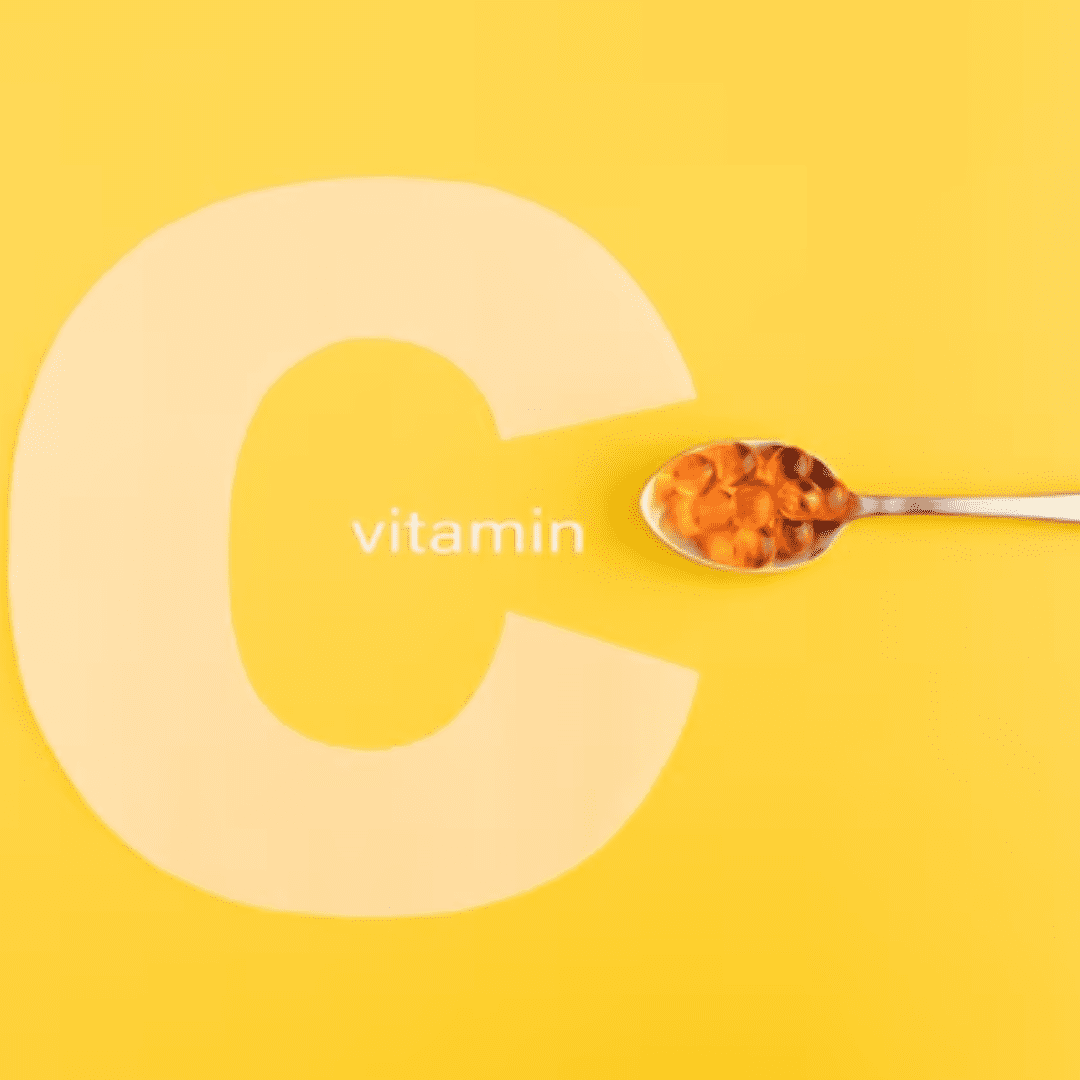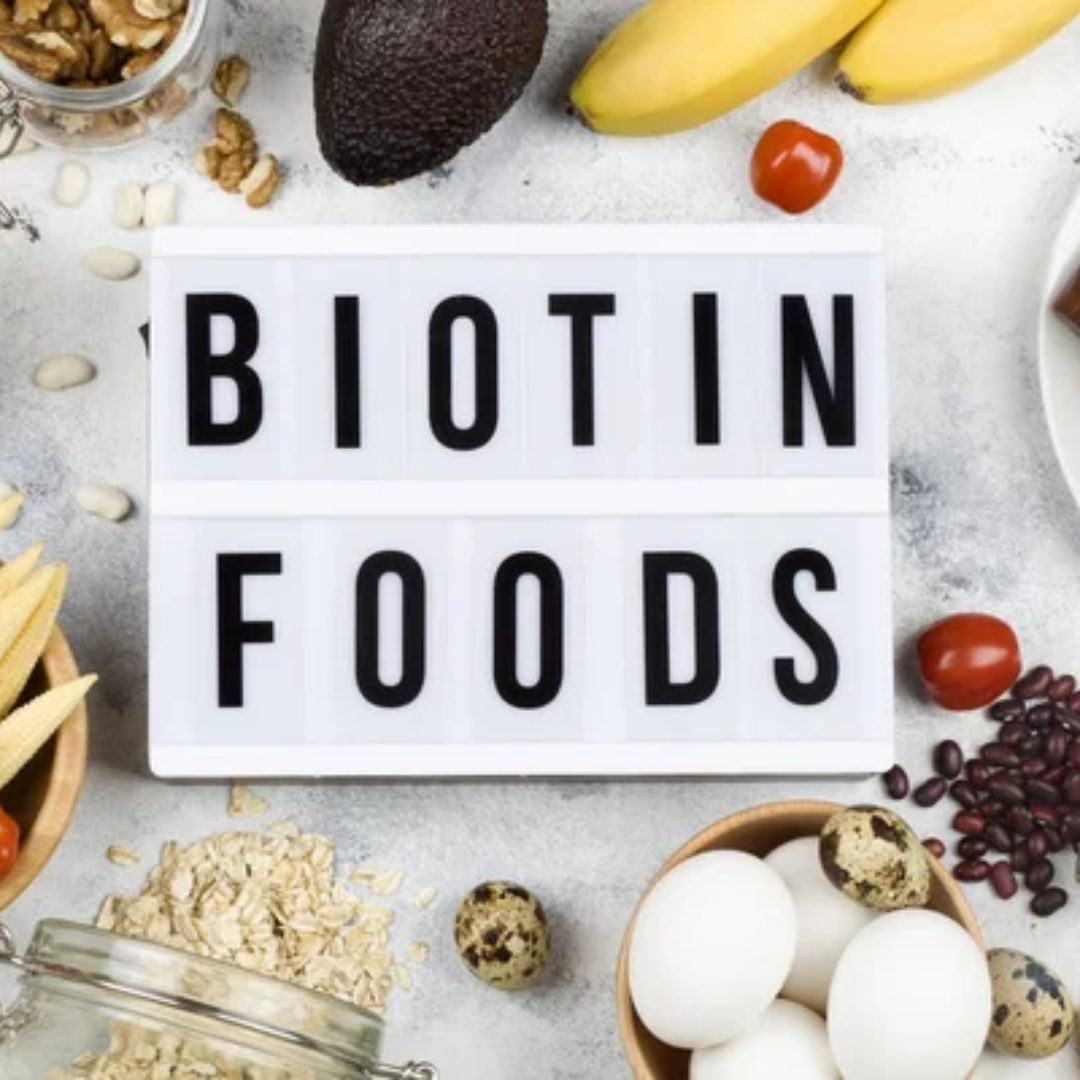Plant-Based Protein Powder For Sustainable Nutrition

In the ever-evolving landscape of nutrition and dietary choices, the rise of plant based protein powder stands as a testament to our growing awareness of the impact our choices have on our bodies and the planet. The once niche product has now catapulted into the mainstream, capturing the attention of health enthusiasts, athletes, and individuals striving for a sustainable and wholesome lifestyle.
Plant based protein powder has emerged as a beacon of nutritional innovation, offering a compelling alternative to the conventional sources of protein that have long dominated the market. Whether you’re a committed vegan, an individual exploring plant-centric eating, or simply someone curious about enhancing their overall well-being, the potential of plant based protein powder is worth delving into.
This article embarks on a comprehensive journey to unearth the multiple dimensions of plant based protein powder, uncovering its nutritional prowess, exploring its versatile applications, and addressing pertinent questions that often arise. From the science behind its benefits to the practical ways it can be seamlessly integrated into our daily lives, this article serves as a guide to empower you to make informed decisions about your dietary choices.
By taking the time to explore the nuances of plant based protein powder, you’re not only investing in your health but also aligning with a broader movement that emphasizes sustainable living and a harmonious relationship with the environment. Join us as we navigate the landscape of plant based nutrition, demystify the complexities, and embrace the remarkable power of plant based protein powder.
In the world of nutrition and fitness, plant based protein powder has taken center stage, offering a compelling alternative to animal-based protein sources. Whether you’re a dedicated vegan, a health-conscious individual, or simply someone seeking to diversify your protein intake, plant based protein powder offers a convenient and effective solution. In this article, we’ll delve into the various aspects of plant based protein powder, exploring its benefits, and usage, and addressing common questions.
Also, read Protein From The Earth: The Rise And Benefits Of Best Pea Protein Powder
Plant Based Protein Powder: A Nutritional Powerhouse

Plant based protein powder, derived from sources such as peas, hemp, rice, and soy, packs a nutritional punch that complements a variety of diets. Unlike traditional whey protein, plant based options offer a host of benefits, including:
- Digestibility: Plant based protein powder is often easier on the digestive system, making it an ideal choice for those with sensitivities.
- Heart Health: Many plant based sources contain heart-healthy nutrients, such as fiber and antioxidants, contributing to overall cardiovascular wellness.
- Reduced Environmental Impact: Choosing plant based options supports sustainable agriculture and helps reduce your carbon footprint.
- Allergen-Friendly: Plant based protein powder is free from common allergens like dairy, making it suitable for individuals with allergies or intolerances.
Incorporating Plant Based Protein Powder into Your Diet

Making a Protein Packed Smoothie
One of the easiest and most delicious ways to enjoy plant based protein powder is by blending it into a smoothie. Here’s a simple recipe to get you started:
Ingredients:
- 1 scoop of your preferred plant based protein powder
- 1 cup of almond milk
- 1 ripe banana
- 1 tablespoon of nut butter
- Handful of spinach
- Ice cubes
Instructions:
- In a blender, combine almond milk, banana, nut butter, spinach, and ice cubes.
- Add a scoop of plant based protein powder.
- Blend until smooth and creamy.
- Pour into a glass and enjoy!
Enhancing Baked Goods with Protein Powder

Unleashing the potential of plant based protein powder goes beyond the confines of a shaker bottle and a post-workout drink. In a delightful twist, this nutritional powerhouse finds its way into the heart of our kitchens, transforming ordinary baked goods into nutrient-dense creations that tantalize our taste buds and nourish our bodies.
The art of enhancing baked goods with protein powder is a culinary innovation that seamlessly marries health and indulgence. Imagine biting into a warm, protein-packed muffin or savoring pancakes that not only satisfy your cravings but also contribute to your daily protein intake. This creative culinary journey invites us to reimagine traditional recipes, adding a twist that aligns with our wellness goals.
From muffins to cookies and from pancakes to energy bars, the inclusion of plant based protein powder introduces a new layer of versatility and vibrancy to our baked goods. Beyond its nutritional value, protein powder can impact the texture and flavor profile of these treats, resulting in culinary creations that are both satisfying and nutritious.
By weaving protein powder into the fabric of our baking rituals, we foster a connection between our dietary choices and our well-being. This practice isn’t just about elevating the protein content; it’s about embracing a holistic approach to nutrition that enriches our lives in more ways than one.
So, the next time you preheat your oven and gather your ingredients for a baking adventure, consider the potential of plant based protein powder. Elevate your treats from ordinary to extraordinary, and let your culinary creativity flourish while nourishing your body with the goodness it deserves.
Powering Up Your Oatmeal

In the realm of breakfast choices, few options are as comforting and versatile as a warm bowl of oatmeal. But what if we told you that you could take your morning ritual up a notch by infusing it with the nutritional might of plant based protein powder? The marriage of wholesome oats and protein powder creates a harmonious symphony of flavor, texture, and nourishment that sets the tone for a vibrant day ahead.
Picture this: a steaming bowl of creamy oatmeal, crowned with a sprinkle of nuts, seeds, and perhaps a drizzle of honey. Now imagine this same bowl fortified with an extra boost of plant based protein. Suddenly, your morning routine transforms into an opportunity to fuel your body with sustained energy and muscle-supporting nutrients.
By integrating plant based protein powder into your oatmeal, you’re not only enhancing the protein content but also diversifying the amino acid profile. This dynamic duo works synergistically to keep you feeling satiated and energized throughout the morning, curbing those mid-morning cravings and providing the foundation for a productive day.
The beauty of powering up your oatmeal lies in its simplicity. A scoop of your preferred plant based protein powder seamlessly blends into your oatmeal, elevating its nutritional value without compromising its taste and texture. Whether you opt for a classic combination of cinnamon and berries or experiment with unique additions like cocoa powder and sliced almonds, the possibilities are as diverse as your taste preferences.
Furthermore, this practice encapsulates a broader narrative—one that encapsulates the essence of mindful eating and holistic well-being. As you savor each spoonful of protein-enriched oatmeal, you’re making a conscious choice to prioritize your nutritional needs and set a positive tone for the rest of your day.
So, why settle for an ordinary breakfast when you can embark on a culinary adventure that nourishes your body and awakens your senses? Embrace the power of plant based protein powder and elevate your morning oatmeal into a ritual that celebrates your commitment to a healthier and more vibrant lifestyle.
Common Questions about Plant Based Protein Powder
Embrace the Potential of Plant Based Protein Powder

Incorporating plant based protein powder into your diet offers a myriad of benefits, from improved digestion to reduced environmental impact. Whether you’re seeking to build muscle, enhance your overall wellness, or simply diversify your protein sources, plant based protein powder is a versatile and effective choice. By following our tips and recipes, you’ll be well on your way to enjoying a healthier and more sustainable lifestyle.
Whey Protein Dangers

Whey protein is a popular supplement among athletes and bodybuilders for its high-quality protein content. However, it’s not without its risks. Some individuals may experience digestive issues such as bloating, gas, and diarrhea due to lactose intolerance or a sensitivity to whey. Additionally, overconsumption can lead to kidney stress and an imbalance in nutrient intake. For those looking for an alternative, plant based protein powder offers a digestible and kidney-friendly option, providing a comprehensive amino acid profile without the associated dairy sensitivities.
Plant Based Protein vs Whey

When comparing plant based protein to whey, each has its advantages. Whey protein is renowned for its high biological value and rapid absorption, making it a favorite among athletes for muscle repair. However, plant based protein powder, derived from sources like peas, rice, and hemp, offers a hypoallergenic and environmentally friendly alternative. It provides not only essential amino acids but also fiber and other phytonutrients, supporting overall health beyond muscle building.
Whey vs Plant Protein
Choosing between whey and plant protein often comes down to personal health goals and dietary preferences. Whey protein is efficient for quick muscle recovery but can be problematic for those with dairy allergies or lactose intolerance. Plant protein, on the other hand, offers a versatile option in plant based protein powder form, catering to those with dietary restrictions. It’s also rich in antioxidants and fiber, contributing to a balanced diet and sustainable health practices.
Plant Protein vs Whey Protein for Weight Loss

For individuals focused on weight loss, the choice between plant protein and whey protein is crucial. Plant based protein powder is often lower in calories and fat compared to whey, and high in fiber, making it more satiating and beneficial for weight management. It supports lean muscle mass without the extra calories, making it an excellent choice for those aiming to lose weight healthily.
Plant Based Protein Powder Benefits
Plant based protein powder offers numerous benefits, including being suitable for vegans and those with dairy allergies. It’s packed with fiber, vitamins, and minerals, supporting not just muscle growth but also overall health. Its environmental footprint is significantly lower than animal-based proteins, making it a sustainable choice. Moreover, it’s highly digestible and can contribute to a balanced diet, making it an excellent protein source for everyone.
Plant Based Protein Powder vs Whey
When debating between plant based protein powder and whey, it’s important to consider dietary needs and environmental impact. Plant based protein powders are free from dairy, making them ideal for vegans and those with lactose intolerance. They offer a wide array of nutrients beyond protein, such as fiber and antioxidants. Whey protein may offer faster absorption rates for muscle recovery, but plant based options provide a more inclusive and sustainable choice for health-conscious individuals.
Also, read Discover the Glow: Vitamin C Tablets for Skin Whitening
Vegan Protein vs Whey
Vegan protein powders, made from plants, and whey protein serve different dietary preferences and needs. Vegan protein offers a cruelty-free, environmentally sustainable option rich in nutrients and free from dairy. Whey protein, derived from milk, is favored for its high biological value but can exclude those with dietary restrictions. Plant based protein powder provides an inclusive solution, catering to a wide audience without compromising on nutritional benefits.
Plant Protein vs Animal Protein
The debate between plant protein and animal protein encompasses nutritional value, digestibility, and environmental impact. Plant based protein powder provides a comprehensive profile of amino acids, along with additional health benefits from phytonutrients and fibers absent in animal proteins. Animal proteins, while high in certain nutrients, come with higher environmental costs and health concerns like cholesterol. Choosing plant based proteins supports a sustainable diet and holistic health approach.
Plant Based Protein for Muscle
Plant based protein is an excellent source for muscle building and repair, contrary to the myth that animal protein is necessary for strength. Plant based protein powder, rich in all essential amino acids, supports muscle synthesis effectively. It’s also accompanied by healthful fibers and antioxidants, aiding in recovery and overall wellness. This makes it a powerful tool for athletes and bodybuilders seeking a holistic approach to nutrition and muscle development.
Also, read Why Every Skincare Routine Needs a Vitamin C Serum Boost
Pea Protein Dangers
Pea protein is a popular plant based protein source known for its high digestibility and comprehensive amino acid profile. However, as with any supplement, it’s important to consume it in moderation. Excessive intake can lead to gastrointestinal discomfort or an imbalance in nutrient intake. Additionally, individuals with specific allergies to legumes should proceed with caution. Despite these considerations, plant based protein powder containing pea protein remains a safe and effective option for most people, offering a balanced and allergen-friendly alternative to animal-based proteins.
- Where to Find the Best Plum Cake in Bangalore for Christmas & New Year - November 23, 2025
- Water Intake Calculator: Everything You Need to Know - September 7, 2024
- 5 Weight Gain Drink Recipes for Healthy Bulking - March 29, 2024









